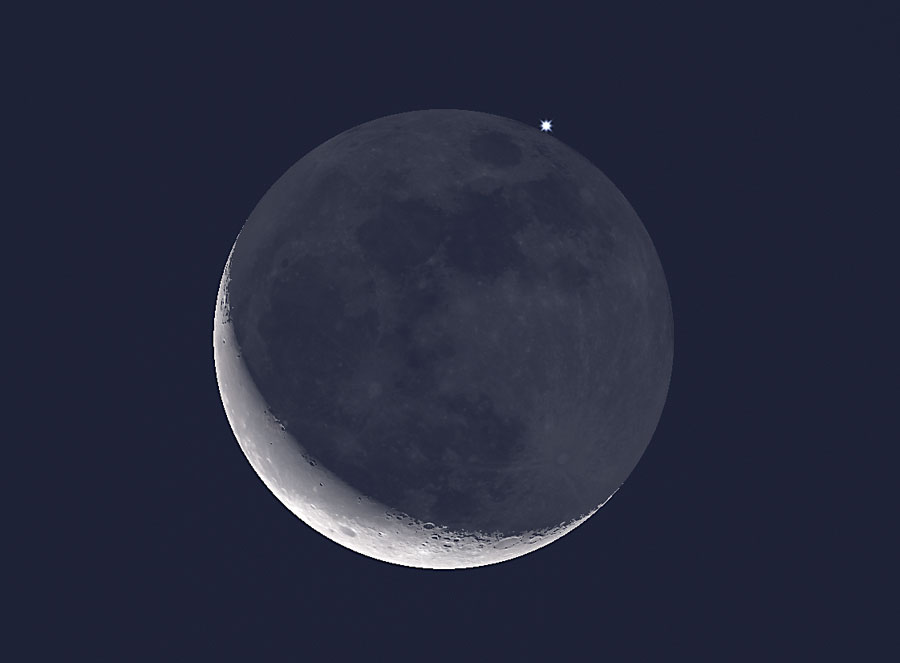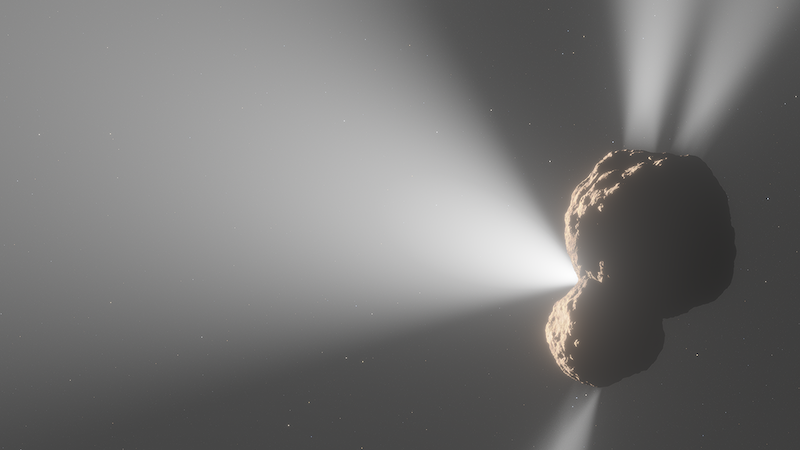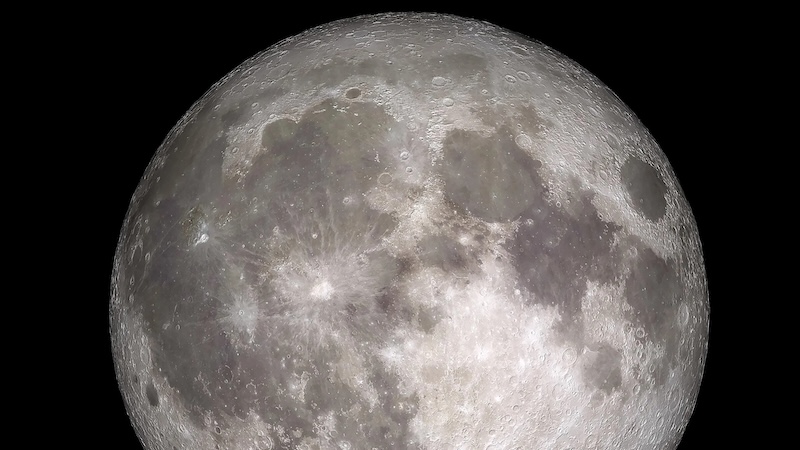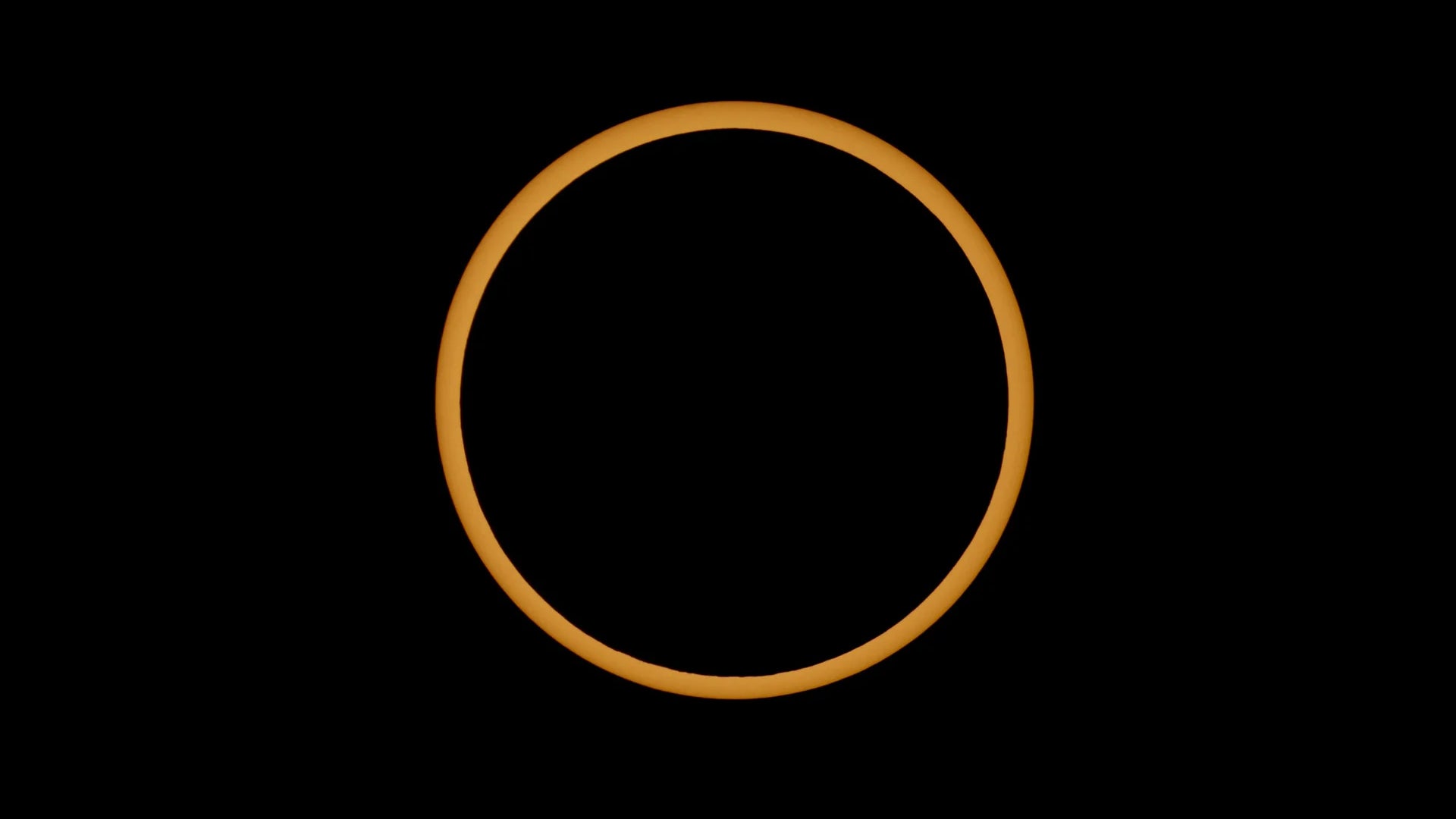*
Wealthy in cyclic phenomena, astronomy has at all times been fertile floor for metaphors. Lunar occultations are a great instance. When the Moon briefly hides after which reveals a star, loss of life and resurrection may come to thoughts. Or one thing much less profound like a sport of peekaboo. Each match. It is certainly one of my favourite sides of the passion — how we imbue mundane celestial mechanics with that means. Whereas the uncooked info and perceptible great thing about celestial objects greater than suffices to encourage surprise and awe, the added human dimension maintains and nurtures our connection to nature important for a contented life.
Bob King
Two vivid occultations spotlight the month. The primary happens on the night time of Nov. 15-16 when the Full Moon will cover wherever from a couple of to all the brightest members of the Pleiades cluster for observers throughout the U.S. (together with Hawaii and excepting Alaska), Central America and the Caribbean. Within the jap half of the nation successive occultations happen within the wee hours, whereas within the mountain states and West the present begins earlier than midnight.
The Moon lies shut sufficient to Earth to have a parallax of about 1° or two full-Moon diameters as considered from reverse sides of the planet. This causes its path throughout the cluster to fluctuate by location, making disappearance and reappearance occasions for cluster members distinctive to each metropolis or area.

Bob King
Now for the dangerous information. With the Moon lower than 12 hours previous full, the Pleiades can be swamped in glare and invisible with out optical assist. Its brightest member, Alcyone at magnitude 2.9, may present in 10×50 binoculars, however a telescope with a reasonable magnification of 50-150x would be the greatest software for choosing out the celebs as they disappear on the vivid lunar limb and reappear on the (very slim) darkish limb.
For single, vivid occultations, the Worldwide Occultation Timing Affiliation (IOTA) will submit a map with immersion and emersion occasions for a bunch of cities. This occasion entails numerous stars, so no maps or occasions are given. Fortuitously, we are able to simulate any occultation with star-gazing apps and desktop planetarium software program. I exploit Stellarium on the house pc and the Stellarium Cellular app (iOS and Android) on my telephone together with SkySafari for iOS and Android. These are only a few of the numerous choices on the market.

Bob King
Whichever you select, set the time in your location round midnight Nov. 15-16, then step ahead or backward and watch which stars disappear and reappear alongside the lunar limb and when. Mark down the occasions or save them in your telephone, then plan your observing session accordingly.
Given their location roughly 4.5° north of the ecliptic aircraft Pleiades occultations solely happen across the time of a significant lunar standstill, when the Moon’s declination reaches its northern and southern extremes. The present 6-year-long Pleiades occultation season began in September 2023 and can finish in July 2029. Throughout every lunar cycle the Moon overtops the ecliptic by sufficient to cowl not less than part of the cluster from someplace on Earth.

Stellarium Cellular
Up for a dry run? Let’s decide Kansas Metropolis, Missouri and see how the occultation performs out. Occasions are for Nov. 16 CST and approximate:
- 12:53 a.m. — Electra (magnitude 3.7) occulted
- 1:07 a.m. — Merope (4.2) occulted
- 1:25 a.m. — Electra reappears
- 1:50 a.m. — Alcyone (2.9) occulted
- 2:24 a.m. — Merope reappears
- 2:40 a.m. — Atlas (3.6) occulted
- 2:41 a.m. — Pleione (5.1) occulted
- 3:03 a.m. — Alcyone reappears
- 3:48 a.m. — Atlas reappears
- 3:53 a.m. — Pleione reappears
That makes 5 vivid Pleiades stars eliminated and safely returned within the span of three hours.
Spica’s dramatic reappearance

Occult 4
Circumstances are far more favorable for the Nov. twenty seventh Spica occultation, when the Moon can be a 12.5%-illuminated crescent 4 days earlier than new. Fortunately, IOTA has posted a protection map with Common occasions of Spica’s disappearance and reappearance for a lot of cities alongside the trail. Keep in mind to subtract 5 hours for EST, 6 for CST and so forth.
Observers within the jap half of the U.S. will see each immersion and emersion, though the Moon will hover solely about 5° excessive within the east for Midwesterners on the time of Spica’s disappearance. The excellent news is that the very best half — its spectacular reappearance on the darkish limb — can be extra broadly seen, as far west as Arizona and New Mexico. At the very least this time round, the occasion can be over by the point the Moon rises for skywatchers residing farther west in Nevada, California and Washington State. Frowny face.

Stellarium
Alongside a lot of the East Coast, Spica pops again into view throughout morning twilight up by means of dawn. In Boston, for example, the star reappears at 6:53 a.m. EST, three minutes after sunup. Observers there’ll want a small telescope to see it reemerge in a blue sky on the Moon’s now-invisible western limb. From the Midwest, Spica will flash again into view in a darkish sky on the softly-illuminated, earth-lit limb. The primary magnitude star’s return can be each dramatic and seen with out optical assist. Views in binoculars and telescopes needs to be equally rewarding. Hmm — which instrument to choose? By no means a straightforward selection as a result of occultations — like life — are too transient.





No comments! Be the first commenter?